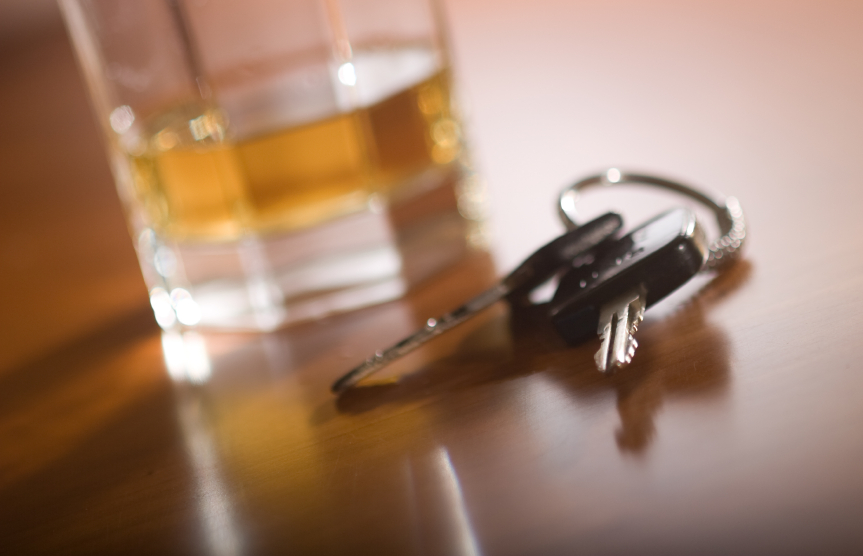
Despite the widely-known dangers and legal ramifications of drunk driving, many people still put themselves and others in harm’s way by getting behind the wheel while under the influence of alcohol. While this certainly puts the driver’s life in peril, completely innocent people may also be at risk. Unfortunately, our Dallas car accident lawyers at Crowe Arnold & Majors, LLP have seen far too many drunk driving accidents over the years.
What is the Duty of Care Required of a Bar?
When this happens, it is natural to seek justice against the drunk driver. However, there may also have been a bar that overserved the driver. They should also share part of the blame for your injuries. This area of the law is addressed in Texas Dram Shop Laws. It stipulates any business’s legal responsibility– to stop serving any patron who is intoxicated enough to present a danger to themselves or others.
The establishment owes the public a duty of care to not allow someone to operate a vehicle when they are unfit to do so. A personal injury lawyer can help you sue them for a drunk driving accident if they either serve a minor or provide alcohol to an adult who is intoxicated.
While many drunk drivers may indeed have been overserved, proving that can be challenging. Your legal team must be able to establish that the bar either knew or should have known that the patron was intoxicated yet continued serving them anyway. That is why we always recommend hiring an experienced Dallas dram shop lawyer to investigate the facts of your case.
How Can You Prove That the Bar Knew the Driver was Drunk Before Being Served?
Please note that it does not matter, in the context of your lawsuit against a particular establishment, how or where the patron initially became drunk. In this context, all that matters is whether the establishment continued to serve them–even though they were obviously incapacitated. It doesn’t matter if they were already intoxicated upon arriving at the bar. In a frequently loud and chaotic atmosphere, how are bartenders supposed to identify patrons who should be refused service? Here are some signs of a patron’s intoxication that they should be trained to spot:
- Strong odor of alcohol
- Nausea or vomiting
- Glassy or bloodshot eyes
- Slurred speech
- Inability to walk without staggering
- Someone informed the server that that patron was drunk
- The patron consumed an amount of alcohol at that establishment that, given their body type, it would be reasonable to infer would cause them to become intoxicated
Proximate Cause is Also Required
It is crucial to note that overserving a patron who causes an accident does not in itself necessarily mean that the establishment is liable. In addition to having overserved the patron, your Dallas car accident lawyer must prove that the driver’s intoxication proximately caused the accident itself.
For example, if a drunk driver runs a red light and causes an accident, it would likely be held that the crash was caused by that driver’s intoxication. On the other hand, suppose a drunk driver is completely stopped at an intersection. They are the second car. Meanwhile, another driver rear-ends the drunk driver and causes their vehicle to rear-end the first. This collision injures those occupants. It would likely be held that the drunk driver’s intoxication was not the proximate cause of the injuries.
Experience and Results
As you can see, dram shop accident claims can be complex, and many law firms in Texas do not know how to properly represent your best interests. Our Dallas car accident lawyers and staff at Crowe Arnold & Majors, LLP have over 65 years of combined experience, and we are here to help you. We value each client and have recovered more than $100 Million in jury verdicts and settlements on behalf of our clients.
Call Today for a Free Consultation
If you have been injured in a drunk driving accident, call Crowe Arnold & Majors, LLP today for a free consultation to see whether or not you may have grounds for a lawsuit against the establishment that served the drunk driver. We do not charge any fees unless you prevail.





